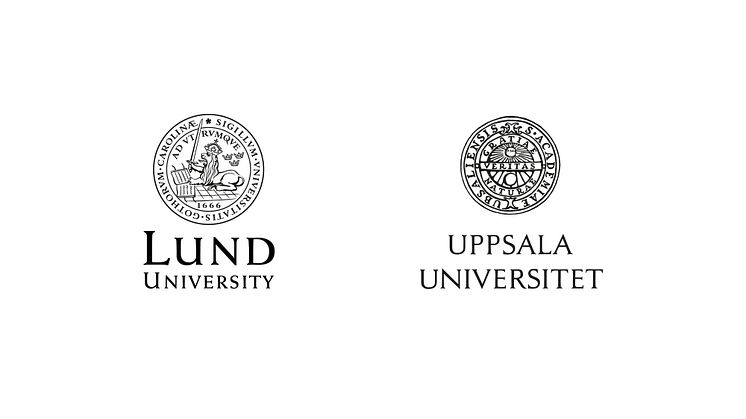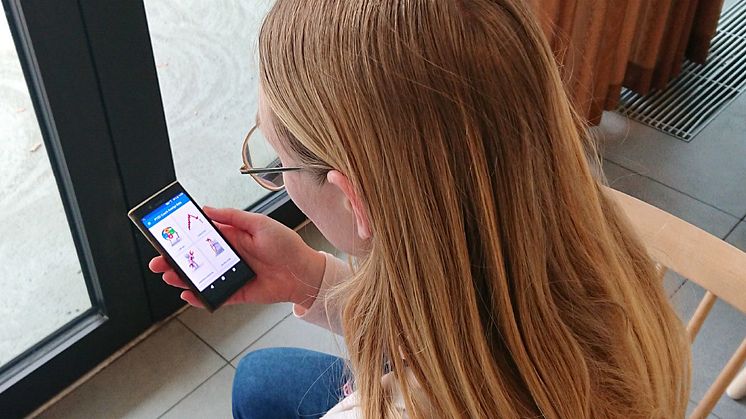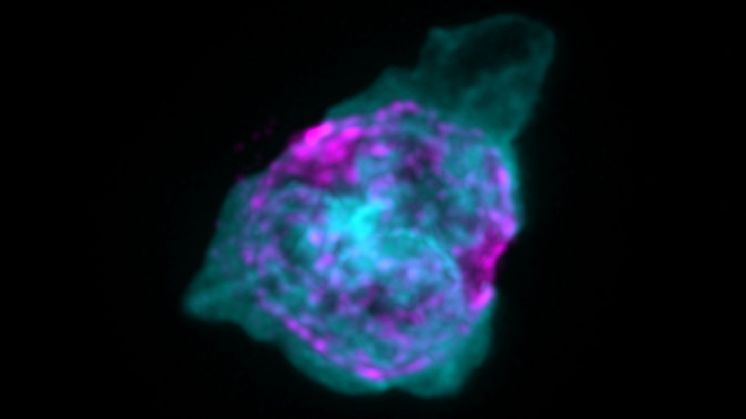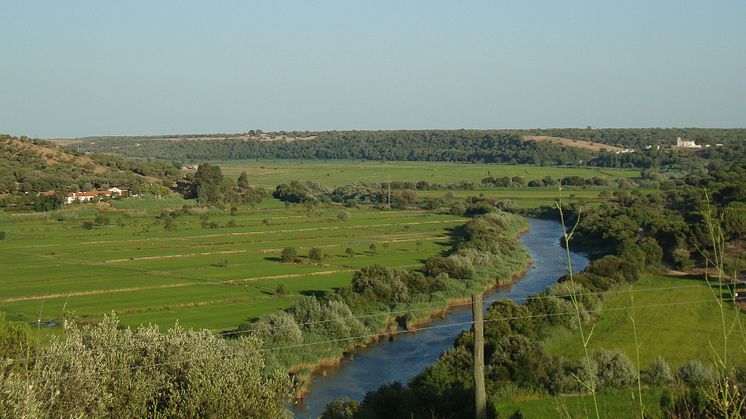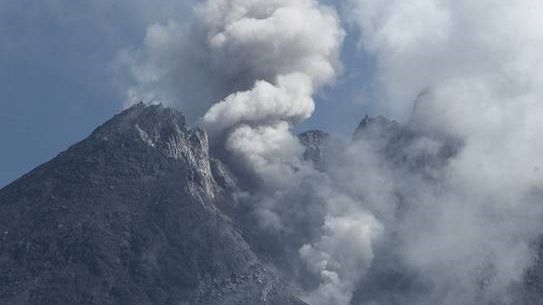Climate resilient microalgae could help restore coral reefs
Coral species exhibit different temperature tolerances. This is in part due to the composition of their microalgae symbionts. With a new method, researchers from Uppsala University were able to predict how individual microalgae might behave under future temperature stress and identify more tolerant coral symbionts. In combination with forthcoming single cell selection and growth experiments, the
